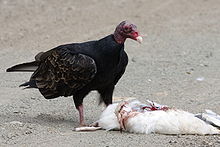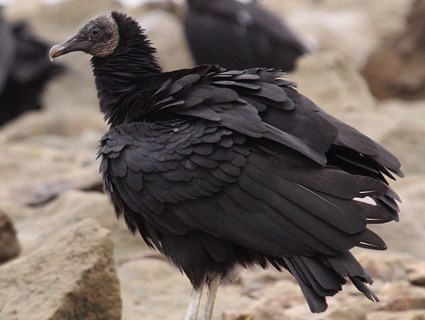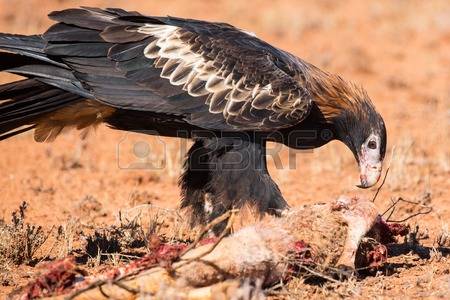The Vultures have
Landed
"Where No Vultures Fly" was a
British film starring Anthony Steel that was originally released in
November 1951. In the USA it was renamed as "The Ivory Hunter". I
went to see it with my mates in about 1957 at a small and very seedy
cinema then called "The Imperial Playhouse", in Portobello Road,
West London near our council flat home. Much of the original
fold-down seating had disappeared and had been replaced with a
diverse
selection of temporary alternatives, including kitchen chairs and
very secondhand armchairs. It was the first cinema I ever went to
other than on a Saturday morning and it was known locally as "The Bug
Hole" - for obvious reasons. An usherette walloped me around
the head for talking during the film. I only went there once.
The cinema still exists today but has been
extensively
refurbished, moved very up-market and has changed its name to
"Electric Cinema" - which is very close to what it was called when
it first opened in February 1910 as "The Electric Cinema Theatre".
Seating nowadays is still unconventional and features up-market
beds, sofas and armchairs, however, it can only
accommodate 83 customers.
Vultures are birds
of prey that scavenge rather than procure anything directly
themselves. They feed on the remains of dead creatures and are never
too fussy about what it is nor where they get it from. Although they are
fairly solitary creatures, small groups of vultures are often seen
circling potential prey. This movement of the vultures is called a
"kettle" or more usually a "family". A group of feeding
vultures is called a "wake" - which somehow seems
appropriate and that is where most of them are seen.
Vultures have very
keen eyesight and it is believed that they are able to spot a
scavenging
opportunity from at least four miles away. Many say from much, much
further than that, sometimes even a hundred miles. Avoid vultures - if at all possible !
This is a Turkey
Vulture:

This is a Black
Vulture:

This is an
Australian Vulture doing what it likes best, scavenging:

Vultures exist all
over the world and there are many varieties. Some migrate tremendous
distances, even across continents, but they often end up more or
less back where they started - although they do tend to prefer southern and westerly
parts.
Their main
predators are hawks which have even better eyesight and monitor them
very, very
carefully. The vulture species is critically endangered but very few
will miss them when they are gone. Probably only other vultures.
This is what the
Imperial Playhouse cinema used to look like in the 1950s. It is
immediately to the left of the Kadish Ltd builders merchant.




|



